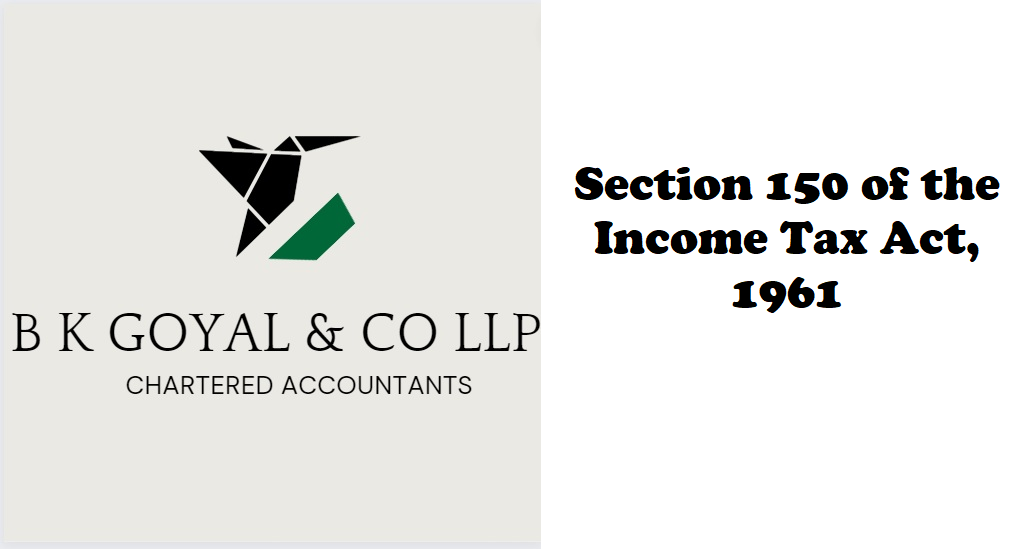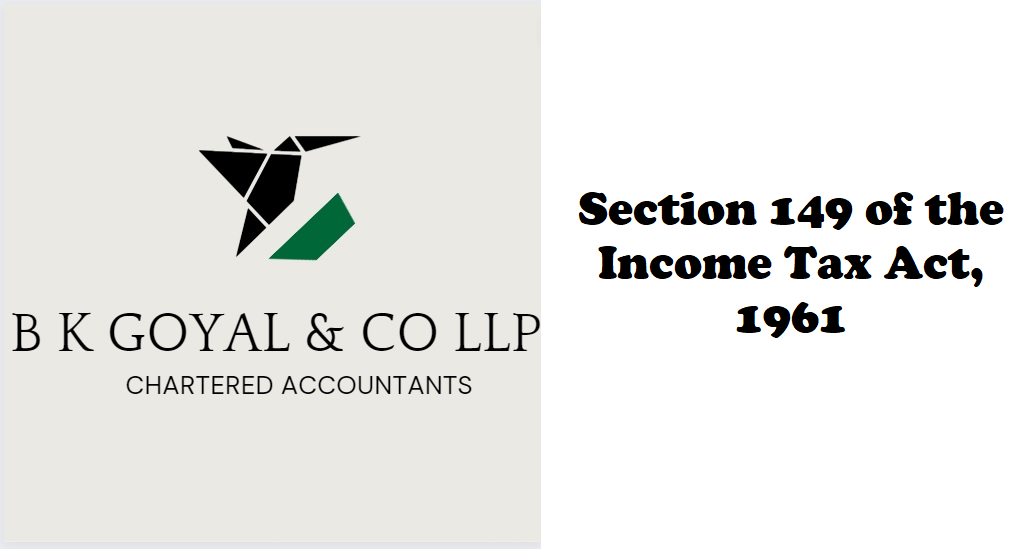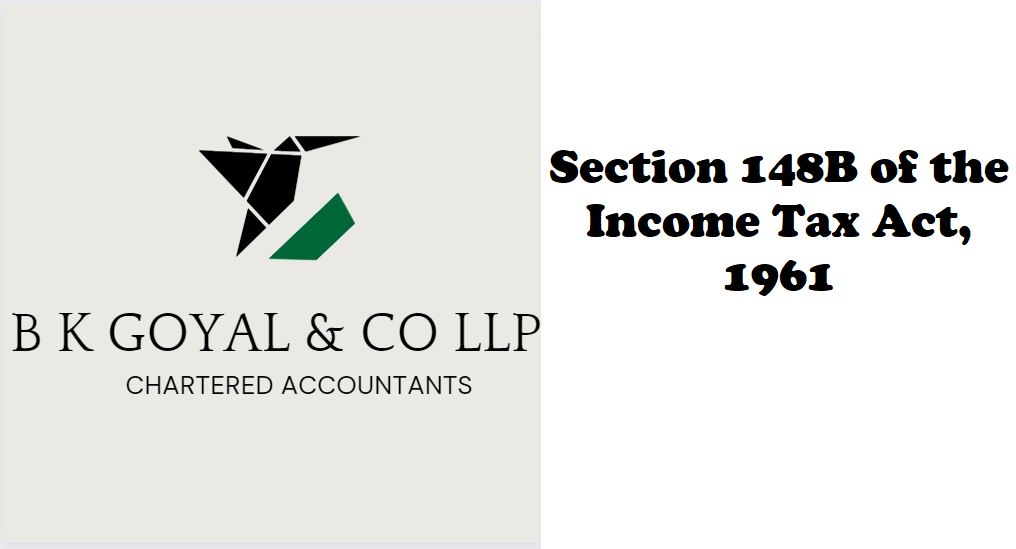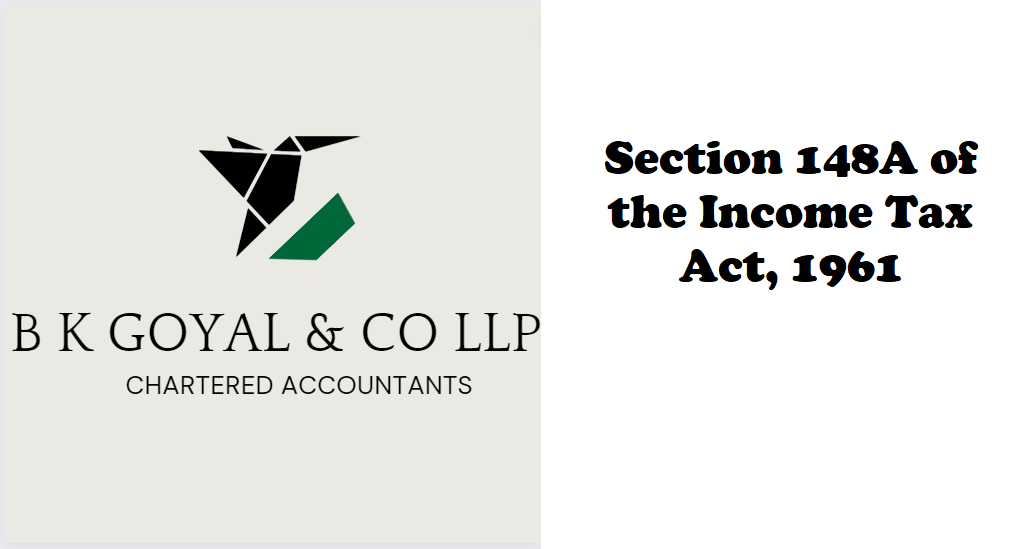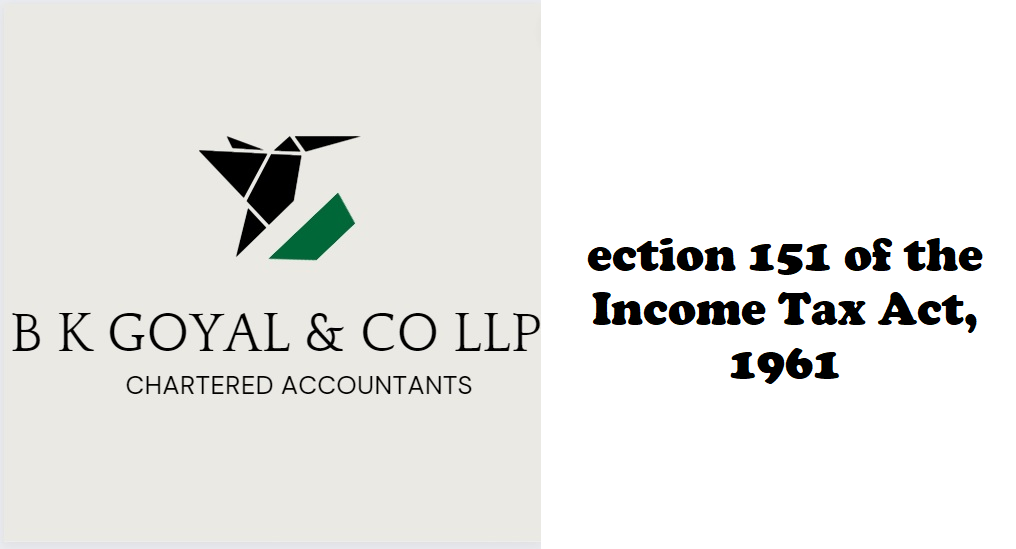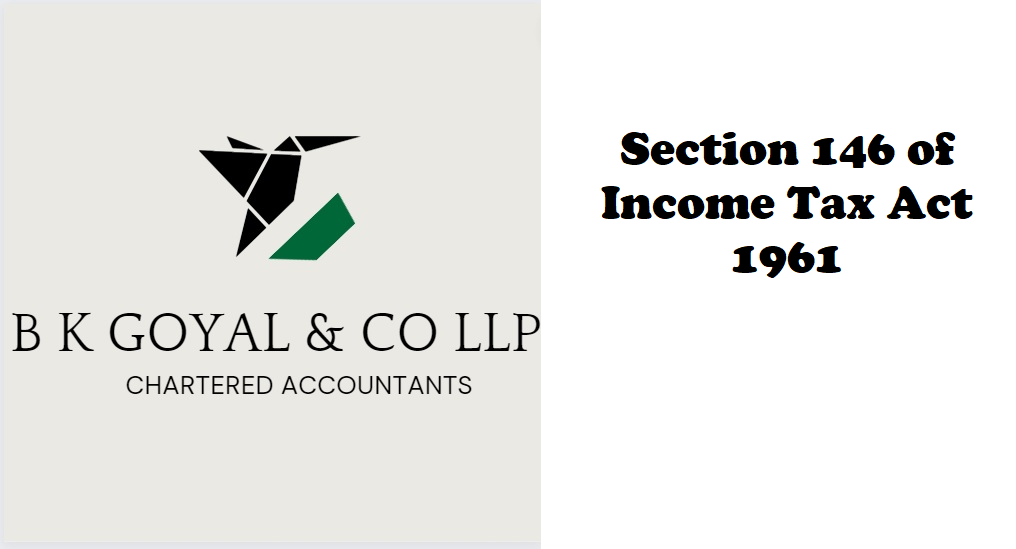Section 153 of the Income Tax Act, 1961
Time limit for completion of assessment, reassessment and recomputation (1) No order of assessment shall be made under section 143 or section 144 at any time after the expiry of twenty-one months from the end of the assessment year in which the income was first assessable: Provided that in respect of an order of assessment relating to the assessment year commencing on the 1st day of April, 2018, the provisions of this sub-section shall have effect, as if for the words “twenty-one months”, the words “eighteen months” had been substituted: 36[Provided further that in respect of an order of assessment relating to the assessment year commencing on— (i) the 1st day of April, 2019, the provisions of this sub-section shall have effect, as if for the words “twenty-one months”, the words “twelve months” had been substituted; (ii) the 1st day of April, 2020, the provisions of this sub-section shall have effect, as if for the words “twenty-one months”, the words “eighteen months” had been substituted:] 37[Provided also that in respect of an order of assessment relating to the assessment year commencing on 38[***] the 1st day of April, 2021, the provisions of this sub-section shall have effect, as if for the words “twenty-one months”, the words “nine months” had been substituted:] 39[Provided also that in respect of an order of assessment relating to the assessment year commencing on or after the 1st day of April, 2022, the provisions of this sub-section shall have effect, as if for the words “twenty-one months”, the words “twelve months” had been substituted.] 40[(1A) Notwithstanding anything contained in sub-section (1), where a return under sub-section (8A) of section 139 is furnished, an order of assessment under section 143 or section 144 may be made at any time before the expiry of 41[twelve] months from the end of the financial year in which such return was furnished.] (2) No order of assessment, reassessment or recomputation shall be made under section 147 after the expiry of nine months from the end of the financial year in which the notice under section 148 was served: Provided that where the notice under section 148 is served on or after the 1st day of April, 2019, the provisions of this sub-section shall have effect, as if for the words “nine months”, the words “twelve months” had been substituted. (3) Notwithstanding anything contained in sub-sections (1) 42[, (1A)] and (2), an order of fresh assessment 43[or fresh order under section 92CA, as the case may be,] in pursuance of an order under section 254 or section 263 or section 264, setting aside or cancelling an assessment, 43[or an order under section 92CA, as the case may be], may be made at any time before the expiry of nine months from the end of the financial year in which the order under section 254 is received by the Principal Chief Commissioner or Chief Commissioner or Principal Commissioner or Commissioner or, as the case may be, the order under section 263 or section 264 is passed by the 44[Principal Chief Commissioner or Chief Commissioner or Principal Commissioner or Commissioner, as the case may be] : Provided that where the order under section 254 is received by the Principal Chief Commissioner or Chief Commissioner or Principal Commissioner or Commissioner or, as the case may be, the order under section 263 or section 264 is passed by the 44[Principal Chief Commissioner or Chief Commissioner or Principal Commissioner or Commissioner, as the case may be,] on or after the 1st day of April, 2019, the provisions of this sub-section shall have effect, as if for the words “nine months”, the words “twelve months” had been substituted. 45[(3A) Notwithstanding anything contained in sub-sections (1), (1A), (2) and (3), where an assessment or reassessment is pending on the date of initiation of search under section 132 or making of requisition under section 132A, the period available for completion of assessment or reassessment, as the case may be, under the said sub-sections shall,— (a) in a case where such search is initiated under section 132 or such requisition is made under section 132A; (b) in the case of an assessee, to whom any money, bullion, jewellery or other valuable article or thing seized or requisitioned belongs to; (c) in the case of an assessee, to whom any books of account or documents seized or requisitioned pertains or pertain to, or any information contained therein, relates to, be extended by twelve months.] (4) Notwithstanding anything contained in 46[sub-sections (1), (1A), (2), (3) and (3A)], where a reference under sub-section (1) of section 92CA is made during the course of the proceeding for the assessment or reassessment, the period available for completion of assessment or reassessment, as the case may be, under the said 46[sub-sections (1), (1A), (2), (3) and (3A)], shall be extended by twelve months. (5) Where effect to an order under section 250 or section 254 or section 260 or section 262 or section 263 or section 264 is to be given by the Assessing Officer 47[or the Transfer Pricing Officer, as the case may be,] wholly or partly, otherwise than by making a fresh assessment or reassessment 47[or fresh order under section 92CA, as the case may be], such effect shall be given within a period of three months from the end of the month in which order under section 250 or section 254 or section 260 or section 262 is received by the Principal Chief Commissioner or Chief Commissioner or Principal Commissioner or Commissioner, as the case may be, the order under section 263 or section 264 is passed by the 48[Principal Chief Commissioner or Chief Commissioner or Principal Commissioner or Commissioner, as the case may be] : Provided that where it is not possible for the Assessing Officer 47[or the Transfer Pricing Officer, as the case may be,] to give effect to such order within the aforesaid period, for reasons beyond his control, the Principal Commissioner or Commissioner on receipt of such request in writing from the Assessing Officer 47[or the Transfer Pricing Officer, as the case may be], if satisfied, may allow an additional period of six months to give effect to the order: Provided further that where an order under section 250 or section 254 or section 260 or section 262 or section 263 or section 264 requires verification of any issue by way of submission of any document by the assessee or any other person or where an opportunity of being heard is to be provided to the assessee, the order giving effect to the said order under section 250 or section 254 or section 260 or section 262 or section 263 or section 264 shall be made within the time specified in sub-section
Section 153 of the Income Tax Act, 1961 Read More »


